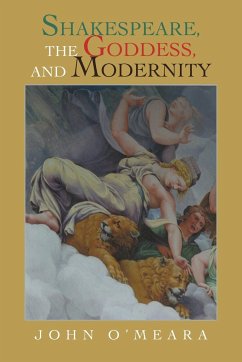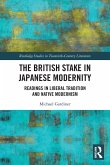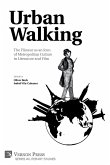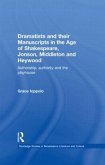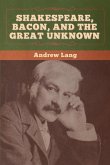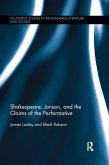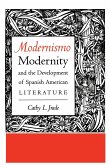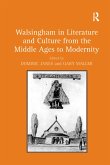¿O¿Mearäs work is the perfect supplement to [Ted] Hughes¿s ¿Shakespeare and the Goddess of Complete Being¿, shedding further illumination into those areas where Hughes¿s penetrating lens finally appears to dim. [This work] shines utterly clear light on the path of understanding we may re-win with regard to myth, forcing the reader to face the incredible starkness of the prospect we face¿and the lack of options¿ever closing in¿and also giving the reader the necessary clues to follow, particularly Barfield, Shakespeare and Rudolf Steiner.¿ ¿Richard Ramsbotham, author of Who Wrote Bacon? William Shakespeare, Francis Bacon and James I ¿Very interesting stuff. Particularly where you parallel the break through the tragic dead end to the transcendental-redemptive solution--that I follow from ¿Macbeth¿ through ¿Lear¿ to the last plays--with the Steinerian view of the same progress.¿ ¿Ted Hughes on Othellös Sacrifice, Letter to John O¿Meara, 21 November, 1996, in the Ted Hughes Archives, Emory University, Atlanta, Georgia This volume brings together virtually all of the published shorter critical work of John O¿Meara, gathered from over 30 years of production. What emerges is an extensive, uniquely challenging interpretation of the evolution of, for the most part, English literary history, from Shakespeare¿s time to our own. ¿excellent Shakespearean explorations¿The idea of Lutheran depravity without Lutheran grace or Lutheran-Calvinist justification is very strong and original¿¿ ¿Anthony Gash, author of The Substance of Shadows: Shakespeare¿s Dialogue with Plato ¿O¿Meara sets out to demonstrate... the essential fact that ¿full encounter with human depravity¿ was[/is] a necessary step in the attaining of true [otherworldly] Imagination.¿ ¿Eric Philips-Oxford, on The New School of the Imagination from the Sektion fur Schone Wissenschaften, the Goetheanum, Newsletter, Issue No. 3, Winter/Spring 2008-2009.
Hinweis: Dieser Artikel kann nur an eine deutsche Lieferadresse ausgeliefert werden.
Hinweis: Dieser Artikel kann nur an eine deutsche Lieferadresse ausgeliefert werden.

